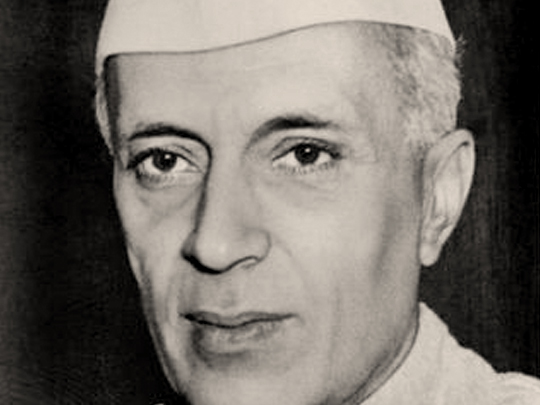AFP / Wikimedia Commons / CC-BY-SA-3.0 / GFDL
Jawaharlal Nehru
(Indian Prime Minister)
14 November 1889 – 27 May 1964 (Aged 74)
Nehru was the first prime minister of India following its independence from Great Britain, having already been a key figure in the movement for Indian independence.
College-educated in England, Nehru returned home to become a leading political figure from a young age.
In 1928, he was named the president of the Indian National Congress, which became a driving force towards independence.
During the Second World War, both Nehru and Mahatma Gandhi were imprisoned, one of several detentions served by Nehru, for civil disobedience and the passage of a Quit India resolution in Congress.
In 1947, Nehru became Indian Prime Minister and was greatly admired for his leadership and the policies he pursued for the new Indian nation.
He died of a heart attack at the age of 74.
Sean O’Casey
(Playwright)
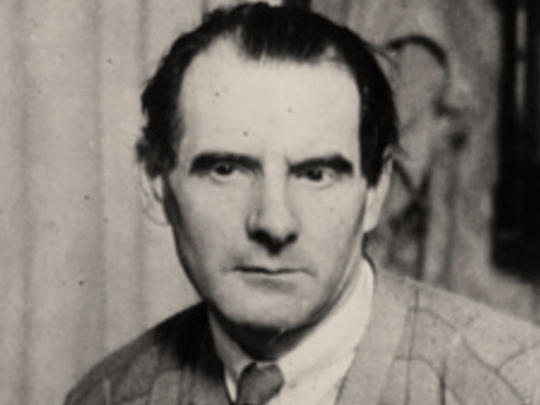
30 March 1880 – 18 September 1964 (Aged 84)
O’Casey was an Irish playwright, best known for his plays ‘Juno and the Paycock’ and ‘The Plough and the Stars’.
He was also involved in the Irish nationalist cause at the beginning of the 20th century, becoming a member of the Irish Republican Brotherhood.
He also took part in the major industrial dispute known as the ‘Dublin Lock-out’.
Ian Fleming
(Author)

28 May 1908 – 12 August 1964 (Aged 56)
Fleming was an English author who is best known for creating one of the most famous characters of all time, James Bond.
He also wrote Chitty Chitty Bang Bang, the much-loved children’s story.
During World War II, Fleming was a naval intelligence officer, in the course of which he played a role in a mission known as Operation Goldeneye, which later came to be the title of a Bond film.
The first of his Bond novels, Casino Royale, was published in 1953.
He would write 12 Bond novels in total, as well as several short stories featuring ‘007’, before dying from a heart attack at the age of 56.
Sam Cooke
(Singer)
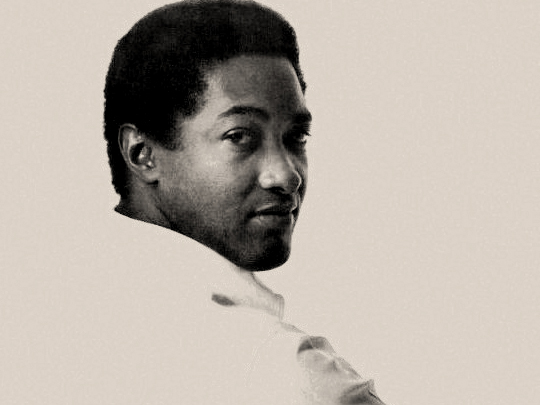
January 22, 1931 – December 11, 1964 (Aged 33)
Cooke was one of the most influential pioneers of soul music, with hit records such as ‘Bring it on Home to Me’, ‘Chain Gang’, ‘Twistin the Night Away’, and ‘A Change is Gonna Come’.
Cooke was shot by the manager of the Hacienda Motel in Los Angeles, in what was later ruled as self-defense.
However, the exact circumstances of the case remain up for debate by many.
In 1986, Cooke was posthumously inducted into the Rock and Roll Hall of Fame, as well as being voted one of the greatest singers of all time by Rolling Stone Magazine.
Brendan Behan
(Author)
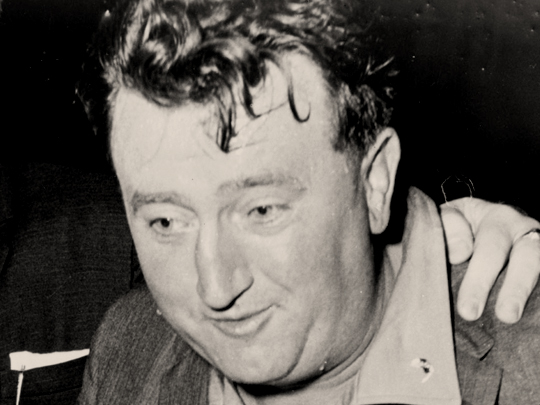
9 February 1923 – 20 March 1964 (Aged 41)
Behan was a renowned Irish author and poet, best known for his novels ‘Borstal Boy’ and ‘The Hostage’.
He also spent time imprisoned in the UK as a teenager for involvement in activities with the IRA.
At the peak of his career, Behan enjoyed considerable success outside of Ireland, with his plays in London and New York.
Sadly, Behan suffered from alcoholism and died at the young age of 41.
Peter Lorre
(Actor)
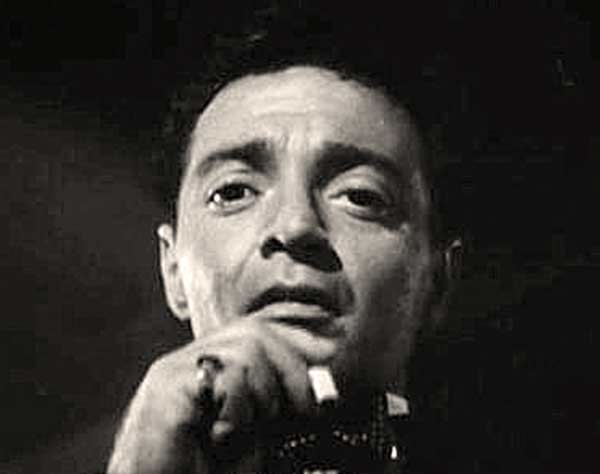
26 June 1904 – 23 March 1964 (Aged 59)
Lorre was an Austro-Hungarian actor, renowned for playing sinister roles in many films.
Playing the serial killer in Fritz Lang’s ‘M’, Lorre burst onto the world stage.
In 1942, Lorre was inducted into the Grand Order of Water Rats, the world’s oldest theatrical fraternity.
Among his other notable roles was the part of Ugarte in ‘Casablanca’, and becoming the first person to play a Bond-villain, Le Chiffre, in a 1954 TV adaptation of Casino Royale.
In his later years, Lorre suffered personal and career disappointments, and morphine addiction, before dying from a stroke at the age of 59.
Cole Porter
(Composer)
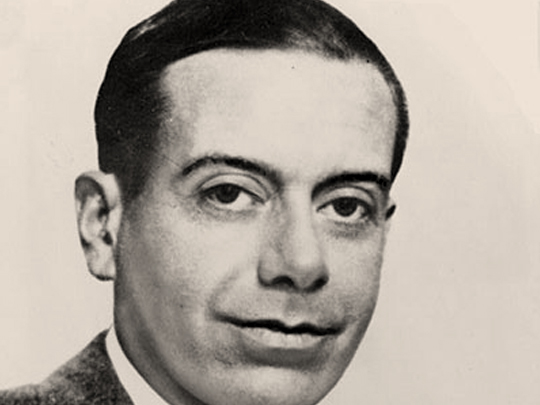
9 June 1891 – 15 October 1964 (Aged 73)
Porter was a hugely influential and prolific American composer, responsible for hundreds of hit songs across Hollywood and Broadway.
Among his best-known hits are ‘I get a kick out of you’, ‘I’ve got you under my skin’, and ‘Night and Day’, as well as the Broadway show ‘Kiss Me, Kate’.
In 1937, Porter was in a horse-riding accident which left him unable to walk for the remainder of his life.
After having his right leg amputated, Porter spent his final six years in near-total seclusion, never writing another song.
He died from kidney failure at the age of 73.
Douglas MacArthur
(U.S. Army General)
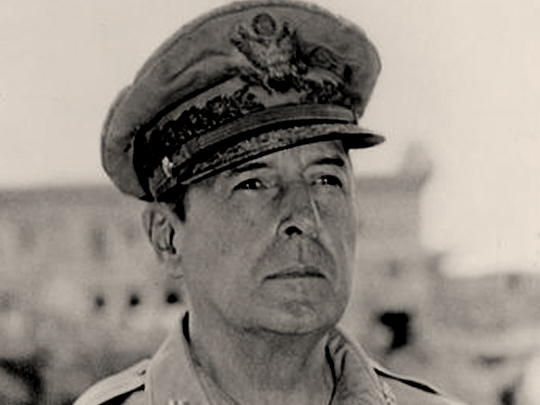
26 January 1880 – 5 April 1964 (Aged 84)
MacArthur was an American five-star general, who was one of the most decorated officers in U.S. military history.
He is best remembered for commanding Allied troops in the Pacific during World War II.
After the war, as Supreme Allied Commander, which saw him essentially rule Japan until 1951.
After the outbreak of the Korean War, he was critical of President Truman, who subsequently relieved him of his duties.
His wish to use atomic bombs to end the Korean War was dismissed by newly elected President Eisenhower.
MacArthur died from liver disease at the age of 84.
